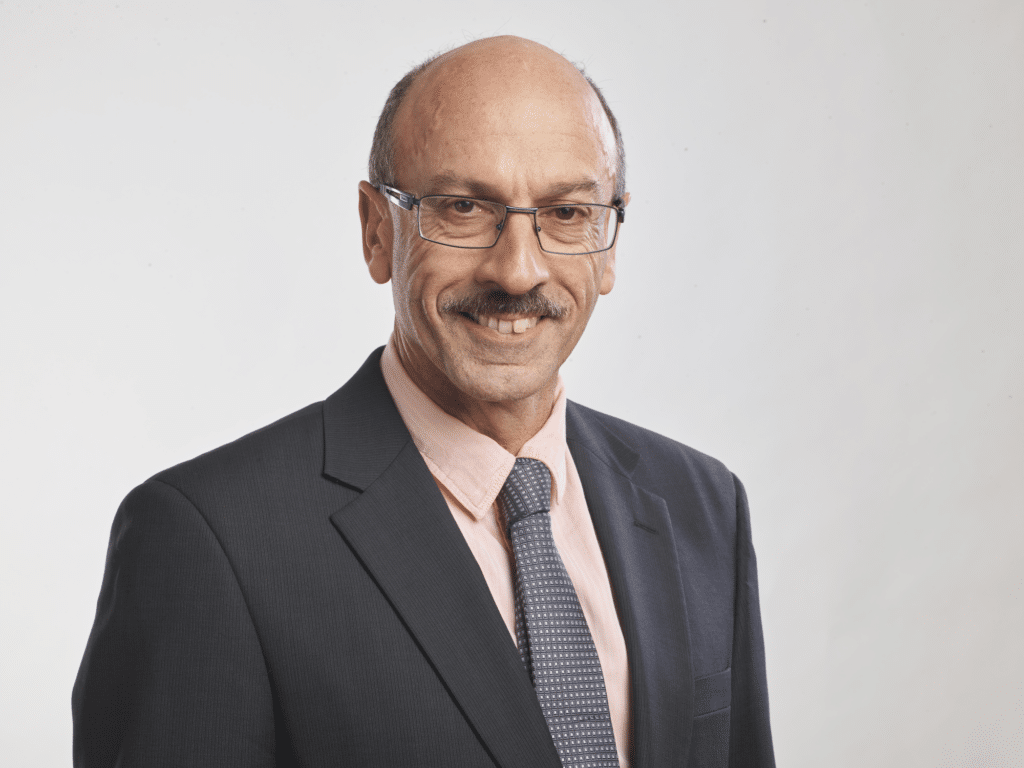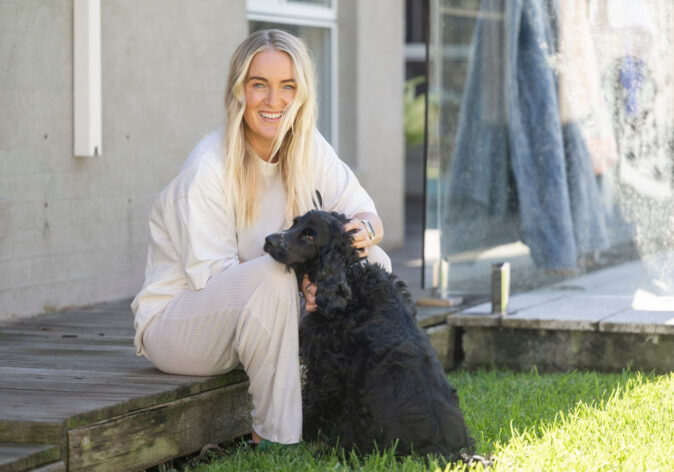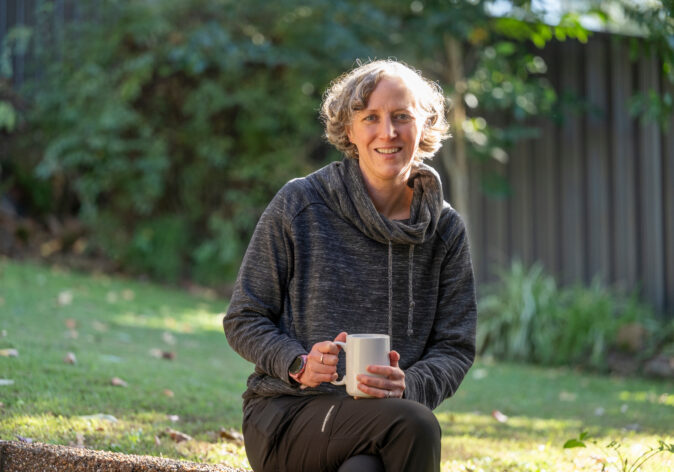“I think my interest in the current area was inspired by occasional women who I was aware who had delayed nausea after their chemotherapy. But in particular I was inspired by my wife, who I was involved in giving chemotherapy to for breast cancer and she had quite profound nausea after her chemotherapy to the point that she was losing weight.”
“We gave her omeprazole and it dramatically improved. So, we started to use that more often, and found benefit with different patients.”
“So, the concept of running a trial to see if that sort of drug could prevent nausea was very attractive. It took some time to set up the study and to get a trainee who would work on the protocol. Eventually that was done, and we had funding from Breast Cancer Trials and the New Zealand Breast Cancer Foundation to set up a randomised study across different centers in New Zealand, to see if we use this drug which lowers acid in the stomach as a means of reducing the nausea, that some women get a number of days after chemotherapy.”
“The reason for developing the trial in this way, not only through anecdotal experience, but we know that chemotherapy and steroids can cause inflammation in mouth, esophagus, and stomach. And if we could reduce that inflammation, maybe we could help with the nausea, as we were seeing in those patients.”
Can you explain a bit about the research behind the PantoCIN trial?
“The research is that there is evidence that the drugs we use to prevent breast cancer, both as chemotherapy and as part of the anti-sickness regimen, namely steroids, can cause that inflammation.”
“And we wanted to see if this drug would prevent the inflammation and subsequent nausea. So, we developed what’s called a randomised double-blind study. We got a pharmaceutical group in Australia to produce a placebo or ‘dummy’ tablet, which looked exactly the same as the pantoprazole, which lowered the acid.”
“And then women were entered into the study after they’d been given information about it and were randomised to receive, during their first lot of chemotherapy, either the pantoprazole, the active drug, and for the second lot, they had the opposite.”
“And then we developed a smartphone app, and women were prompted on day five about what their symptoms were, what nausea they had, whether they’d had any vomiting, any other problems.”
“They filled in a little survey, and if they didn’t have a smartphone, they had a paper questionnaire. So, we could look at how frequently women were getting nausea and what intensity it was. And at the end of those two blocks of chemotherapy, they were asked which cycle they preferred, not knowing what they’d had.”
“And the results were that there was a strong preference for receiving the pantoprazole. So reduced amount of nausea, reduced intensity of nausea, and a strong preference for that treatment.”
“The question I have is whether we shouldn’t just put everyone on it, and stay on it for a three-month period, to absolutely minimize any stomach, mouth, or esophagus inflammation and prevent nausea throughout that time, enable the upper GI tract to fully heal after treatment. So, I don’t think we need further trials to show it works.”
Listen to the Podcast
We spoke with Dr Richard Isaacs about his research in the area of reducing delayed nausea after chemotherapy.
What does the future hold for the PantoCIN trial?
“Well, it was designed initially as a phase-two study just to see if there was activity, but I think the evidence from the trial is adequate for people to introduce the drug now. It’s cheap, it has no side effects, no interactions with other drugs, and if you use it to prevent the symptom, it’s much more effective than using it to treat it.”
Are there any dietary considerations that go along with this trial?
“We encourage women to just have a standard healthy diet and eat the foods that they enjoy. One of the dangers of chemotherapy is that up to 50 percent of women who have chemotherapy in this setting put on weight, because they feel more tired. They don’t exercise as much because they’re tired. And they graze eat to try and give themselves an energy boost to get through. And because of this they often put on weight.”
“So we actually had another study in Palmerston North, where we looked at women and we encouraged them to exercise for more than 30 minutes, four times a week, getting their pulse rate up over 100.”
“And having a standard healthy diet, which was recommended, just a standard diet from a dietitian. Nothing exclusive, no additives. And we found that no woman put on more than 100 grams, so there was no weight gain. And I think that the exercise also makes women feel as though they’re doing something active to counteract being poisoned by their treatment, which if you sit there and just take the chemotherapy on board, you feel lousy.”
“If you’re doing something active, you feel a lot better, and you may prevent that additional weight gain, which also makes you feel lousy. Particularly if you’re sort of around menopause time and you’re shoved into menopause, and you have all the additional problems related to that.”
“But I don’t think you need specific dietary alterations or to avoid anything in the short term, but just focus on eating sensibly. And maybe, by preventing your stomach from being inflamed, you can enjoy the food you normally enjoy, rather than being worried about it or bothered by it.”
What are your hopes for the future of breast cancer research?
“Well, it’s still a significant issue, there are still women getting nausea, even though it may be less intense. And I think that there’s potential for further research into that area to see if we can make it even better.”
“I think that there is likely to be a strong anticipatory component. A lot of women go into treatment fearful of having chemotherapy, expecting to feel sick. And if they have a bad experience in that acute first 24 hours, it may take some time to recover.”
“They may be expecting to continue to feel less well for some time. So maybe some psychological intervention may make a difference to that. We know that the mind can have potent effects on different symptoms from placebo effects, and I think there’s a real benefit here.”
“But I also think, perhaps some exploration of other factors, such as anticipation or expectation of nausea would make a difference.”
Support Us
Help us to change lives through breast cancer clinical trials research



